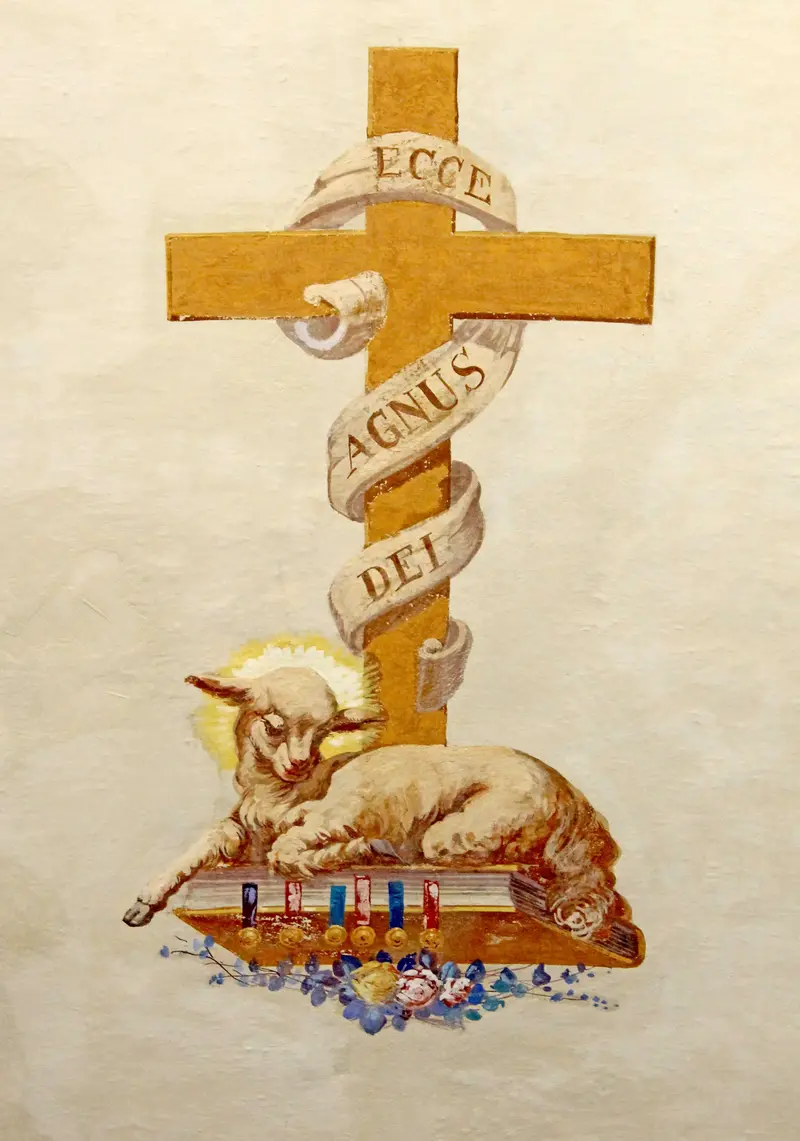One of the difficult aspects of our faith is reconciling what is called the “immanence” of God with the “transcendence” of God. Furthermore, as human persons, we have a bias towards our mode of knowing that affects our view of God. In this post, I am going to briefly address the notions of immanence and transcendence in relation to God and how our mode of knowing affects what we believe about God.
Let’s start with immanence: God is present to us by giving all things existence. In fact, he must maintain our existence; I am speaking here of existence as a verb, not a noun (for those who missed Season 2 Episode 2 of the podcast, check it out here for additional details). A metaphor of this reality can be found in the work of Louis de Granada; the metaphor is of a person who is hanging by a rope over the edge of a tower, and God is holding the rope for the person from the top of the tower. In this metaphor, God is the one who is present holding the rope from the top, which continuously prevents the person from dropping to his or her doom. The relationship of the person holding the rope and God holding the rope is a verb: both the person holding on for dear life and God holding the rope are engaged in a mutually related activity, and the aim of this activity is saving the life of the person who is holding on to the rope. Since God is constantly present to the person holding the rope, God is immanent in an analogous way as he holds each person in existence by conferring the act of existence to the person.
Yet, continuing with this metaphor, as God holds this rope, the person hanging there clearly sees that God holds not only his or her rope, but ropes of many other people hanging over the same tower. In fact, for as far as the person can see in all directions, there are people of all differences and distinctions hanging there with only God holding their ropes. Let’s say for the sake of the metaphor that no created being can hold the rope for one person, let alone for all people; only God can hold the rope, which means God is not in any way like a created being; God must be something else that is higher and greater by His very Being. This aspect of God is his transcendence.
Here is where it becomes interesting: let’s say while you are hanging there with everyone else, an argument breaks out. This argument concerns what God is and how he could possibly be holding ropes for all people hanging there. One person claims that God must be a super-human person; another claims that God is obviously material in some way because He is holding material ropes; others claim that God must have a limit to how many ropes he can hold; and then someone counterclaims that it is not a question of limiting how many ropes God can hold but is rather a question of limiting how many ropes God wants to hold (let’s say this person argues only 100 million. After that, the next person is dropped to his or her doom).
All these claims in this fictitious example break down as follows:
- What is God per se?
- How does God operate?
- How does God interact with a material world if He is not material?
- What does it mean for God to be infinite?
- Is there a limit to anything about God (e.g., his mercy)?
While all these questions are valid in themselves, each question shows the person’s view of God, or something that is important to that person about God. Human persons do not ask questions unless the answer is a fulfillment of some desire of that person (e.g., a desire to know something). But the answer to these questions determines a lot about who God is to us.
Thankfully, God gave us His Church to be a ship that guides us over this ocean of life so that we can come to know Him in some way by virtue of union of love—a union that requires us to put forth an effort to spend time with Him in prayer. The God who holds the rope for us is not an impersonal God. Rather, this God is a Trinity of Persons who loves us beyond understanding; that’s why He holds the rope for us, no matter what we do or say to Him. He is constant in His Love for us. We too must strive to be constant in our love for Him.
How to learn more
To learn more about the Carmelite tradition in general, check out Midnight Carmelite episodes through the player below and hit subscribe to stay up to date!

